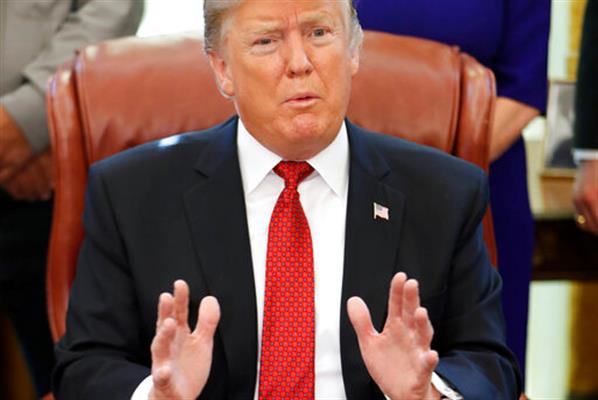
DONALD TRUMP'S UNWAVERING CONFIDENCE IN THREATENING IRAN


Photo Credit: Getty Images Pope Leo XIV is swinging for the fashion fences — and this time, it's not...
Photo Credit: Getty Images Speaking out is the only survivor of the Air India plane crash. The...
Photo Credit: Reuters Israel said it targeted Iran's nuclear facilities, ballistic missile...
Photo Credit: Getty Images Pope Leo XIV has made a defining move in Vatican-China relations by...
Photo Credit: Getty Images A New Jersey man's dream visit to Yellowstone National Park took a wild...
Photo Credit: Getty Images After months of tariff escalations and retaliatory restrictions, the United...
Photo Credit: Getty Images Elon Musk publicly expressed regret over his recent social media posts...
Photo Credit: Getty Images Defense Secretary Pete Hegseth was met with sharp questions and...
Photo Credit: Getty Images Chinese e-commerce giants Temu and Shein are scrambling to offset...
Photo Credit: Getty Images Australian journalist Lauren Tomasi was hit by a rubber bullet while...
Photo Credit: Getty Images President Donald Trump is not backing off his battle with Elon Musk,...
Photo Credit: Getty Images Law enforcement officers fired tear gas and rubber bullets at...